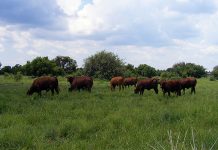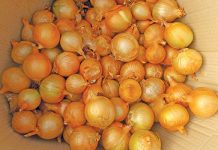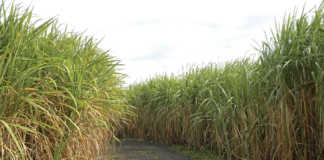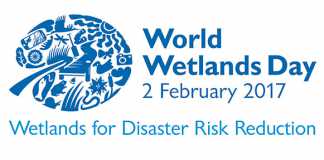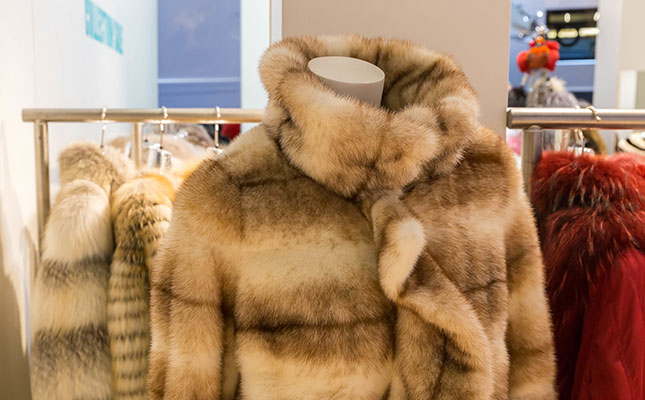
Photo: Marco Verch
Hundreds of other fur businesses in the lakeside city of Kastoria in northern Greece have been banned from exporting garments such a fur coats to Russia, the main market for such items produced in Greece.
With no domestic market, local workshop operator Antonis Disio said he had to close down his business and lay off his 23 workers, while his storerooms were filled with hundreds of unsold fur coats.
“This city is going through its worst, we’re in despair,” he told Reuters.
Urging EU lawmakers to exempt the industry from sanctions, he held up a coat he said cost around €30 000 (about R518 000) to manufacture using one of the most expensive types of fur globally, Russian sable.
According to Reuters, Kastoria was the heartland of a centuries-old fur industry in Greece, Europe’s last remaining fur manufacturing centre.
That country was also one of the few EU countries where fur farming was still being allowed, despite pressure from both local and international animal rights’ groups.
This ban on supplying fur garments to Russian consumers could spell the end of the European fur market.
This followed the decimation of Denmark’s extensive fur industry due to fears that these animals could potentially transmit COVID-19 to humans, which then resulted in the large-scale culling of mink there.
The fur market had already declined drastically because of fierce campaigns by animal rights’ groups.
In addition, an increasing number of top international fashion houses, including Gucci and Prada, had committed to not use real fur in their fashion lines in future, Reuters said.
Kastoria had previously survived Greece’s devastating, decade-long economic crisis thanks to its fur exports.
But as a result of the sanctions, retail shops in Greece were also banned from selling garments to Russian tourists, because fur was considered a luxury item, Reuters reported.
According to the Hellenic Fur Federation, the approximately 2000, mostly family-run businesses in Greece, which employed about 4 000 workers had to date been supported by government aid, which had allowed them to avoid large-scale staff lay-offs.
However, this measure would only be in place until September.
Statistics from Greece’s government indicated that fur garments were among the country’s top 10 export commodities, but volumes had been declining over the years.
Exports to Russia amounted to about €14 million (R242 million) in 2021, down from €55 million (R950 million) in 2017, with the number of mink farms declining from 121 in 2019 to 92 in 2020.





